Knee braces come in different designs and levels of support, ranging from light compression sleeves to rigid hinged braces. The right knee brace depends on the severity of the injury and the intended use.
Knee braces are commonly used for:
✔ Ligament injuries (ACL, MCL, PCL, LCL sprains or tears)
✔ Osteoarthritis and joint pain
✔ Meniscus tears
✔ Post-surgical recovery
✔ Sports protection and injury prevention
Types of Knee Braces
✔ Compression Knee Sleeves – Lightweight support for mild pain, swelling, and arthritis
✔ Hinged Knee Braces – Maximum stability for ligament injuries and post-surgical recovery
✔ Wraparound Braces – Adjustable support for moderate pain and instability
✔ Patella Stabilizers – Designed to keep the kneecap properly aligned
✔ Rehabilitation Braces – Used after surgery to control movement and aid recovery
Key Features of a Knee Brace
✔ Adjustable Support – Customizable compression and fit
✔ Breathable & Lightweight Material – Ensures comfort during long-term use
✔ Pain & Swelling Reduction – Provides targeted compression for inflammation relief
✔ Stability & Joint Protection – Prevents excessive movement and reduces the risk of further injury
✔ Non-Slip Design – Ensures a secure fit during activities and rehabilitation
✔ Versatile Use – Ideal for sports, daily activities, and medical recovery
Advantages of Using a Knee Brace
🔹 Provides Stability & Prevents Injuries – Reduces strain on ligaments and joints
🔹 Relieves Knee Pain – Eases discomfort from arthritis, tendonitis, and sprains
🔹 Speeds Up Recovery – Supports healing after injuries or surgery
🔹 Enhances Athletic Performance – Helps athletes perform with confidence and reduced risk
🔹 Improves Mobility – Makes walking, running, and daily activities easier
Specifications
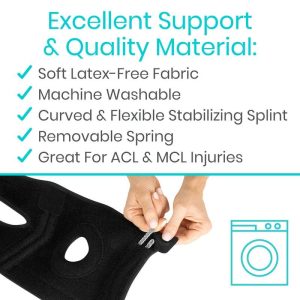
- Material: Neoprene, elastic compression fabric, or medical-grade support material
- Support Level: Mild (compression sleeve) to high (hinged braces)
- Closure Type: Velcro straps, slip-on design, or adjustable fasteners
- Usage: Suitable for injuries, arthritis, rehabilitation, and sports protection
A knee brace is a valuable tool for anyone dealing with knee pain, injuries, or instability. Whether you need light compression for daily wear or strong support for post-injury recovery, the right knee brace can enhance mobility, reduce pain, and protect your knee from further damage.
FAQs About Knee Braces
1. What is a knee brace used for?
A knee brace is used to support, stabilize, and protect the knee joint in cases of:
✔ Ligament injuries (ACL, MCL, PCL, LCL sprains or tears)
✔ Osteoarthritis and joint pain
✔ Meniscus tears and patellar tracking issues
✔ Post-surgical recovery
✔ Sports injury prevention and rehabilitation
2. How does a knee brace help with knee pain?
A knee brace works by:
🔹 Providing compression to reduce swelling and inflammation
🔹 Supporting the joint to prevent excessive movement
🔹 Aligning the kneecap to reduce pain and discomfort
🔹 Distributing pressure evenly to improve mobility and prevent further damage
3. What type of knee brace do I need?
The type of knee brace depends on your condition:
✔ Compression Knee Sleeves – For mild pain, arthritis, and swelling
✔ Hinged Knee Braces – For ligament injuries (ACL, MCL, PCL) and post-surgical recovery
✔ Wraparound Braces – For moderate pain and mild instability
✔ Patella Stabilizers – For kneecap misalignment or patellar tendonitis
✔ Rehabilitation Braces – For post-surgery recovery and controlled movement
4. Can I wear a knee brace all day?
Yes, but it depends on your condition. You should:
✔ Follow your doctor’s recommendations
✔ Wear it during activities that strain the knee
✔ Remove it periodically to allow circulation
If you experience discomfort, numbness, or swelling, adjust the fit or take breaks.
5. Can I sleep with a knee brace on?
It depends on your injury. For post-surgical recovery, your doctor may recommend wearing it at night. If wearing a knee brace while sleeping, ensure it’s:
✔ Comfortable and not too tight
✔ Properly positioned to prevent stiffness
✔ Accompanied by pillows for additional support
6. Can I exercise while wearing a knee brace?
Yes! Many people wear knee braces for sports like running, basketball, weightlifting, and cycling. However, make sure you:
✔ Use the right brace for your activity
✔ Ensure a snug but flexible fit
✔ Avoid high-impact movements if recovering from an injury
7. How do I clean my knee brace?
To keep your knee brace clean and durable:
✔ Hand wash with mild soap and cold water
✔ Air dry completely before use
✔ Avoid machine washing, bleaching, or drying at high temperatures
8. How tight should my knee brace be?
A knee brace should be snug but not too tight. If it causes:
❌ Numbness or tingling – Loosen it slightly
❌ Discomfort or restricted blood flow – Adjust the fit
It should provide firm support without cutting off circulation.
9. Can I wear a knee brace under my clothes?
Yes! Most knee braces are lightweight and slim-fitting, allowing you to wear them under pants or workout gear comfortably. Choose breathable materials to avoid excessive sweating.
10. Where can I buy a high-quality knee brace?
You can find top-quality knee braces at 1 Ten Supplies, designed for comfort, support, and durability.
Stay active and pain-free – Order now with FREE DELIVERY!

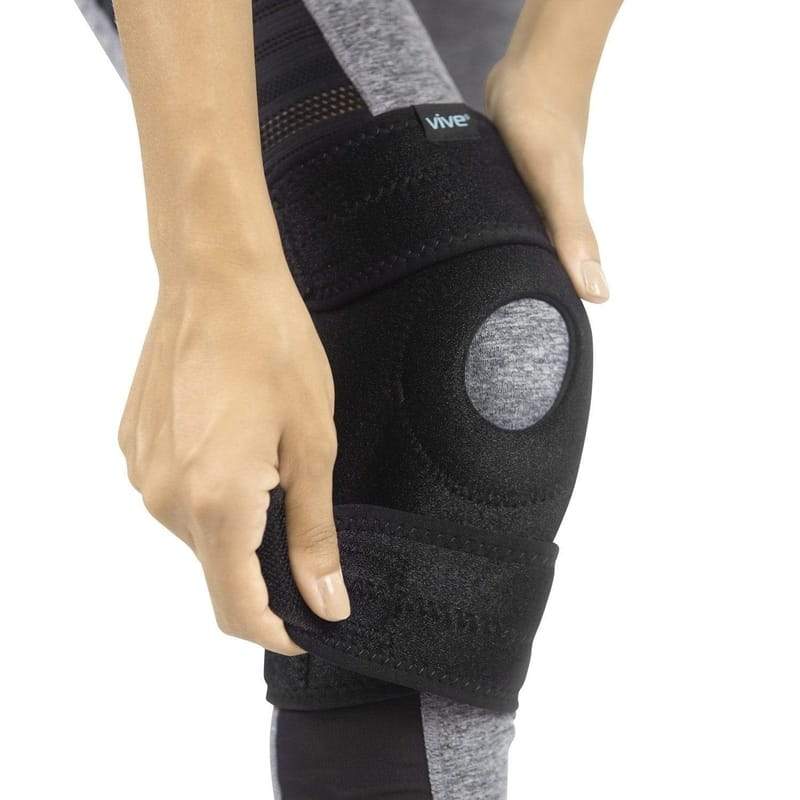
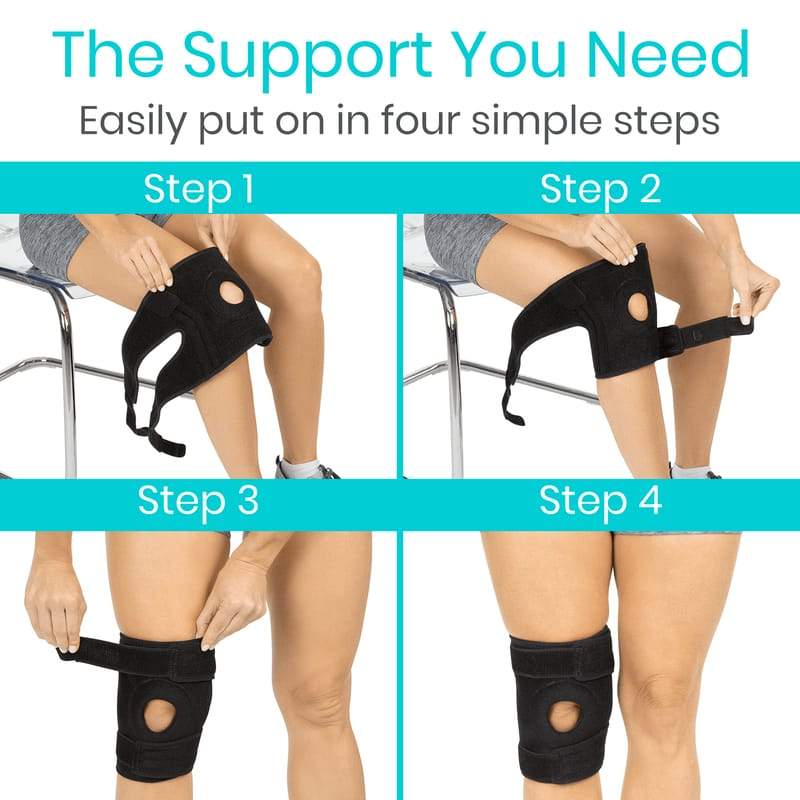
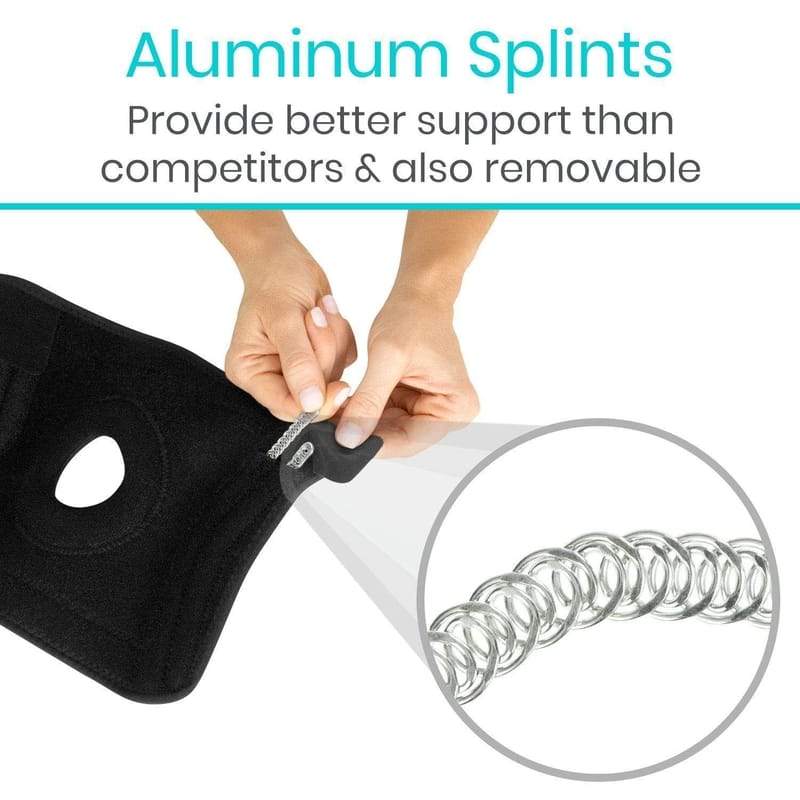
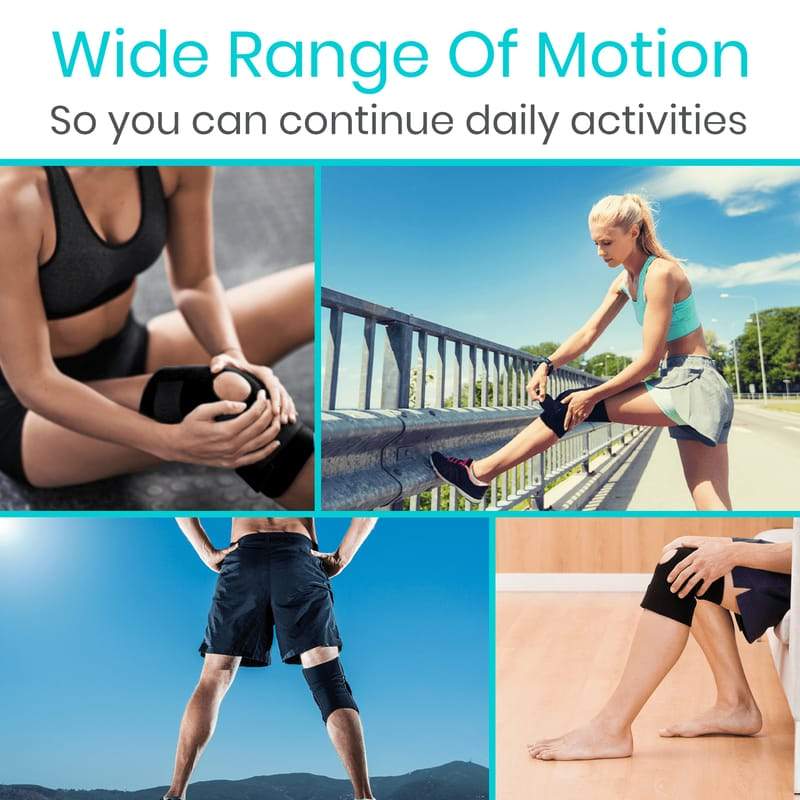
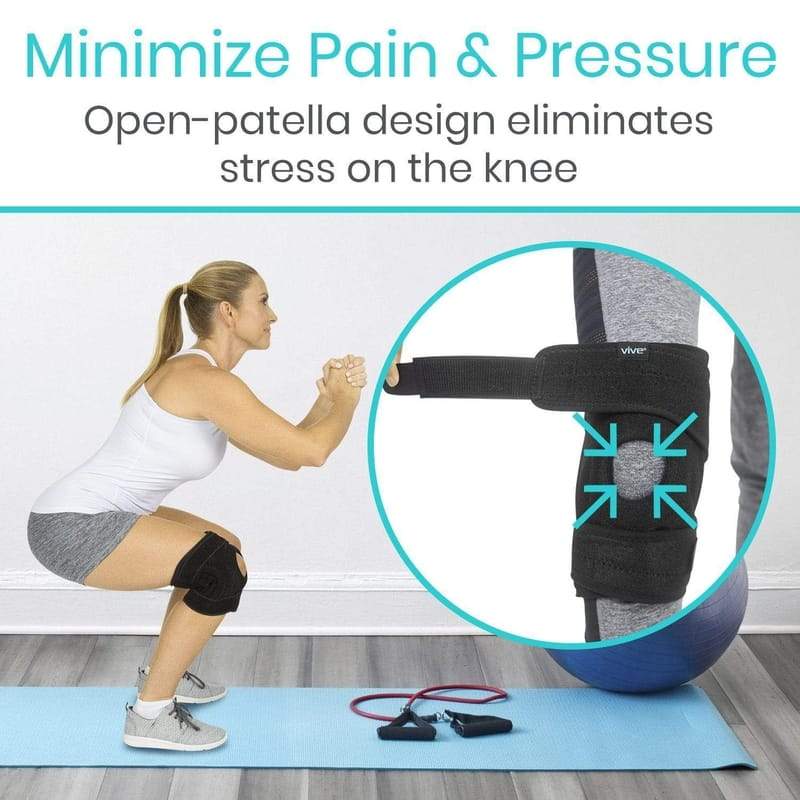
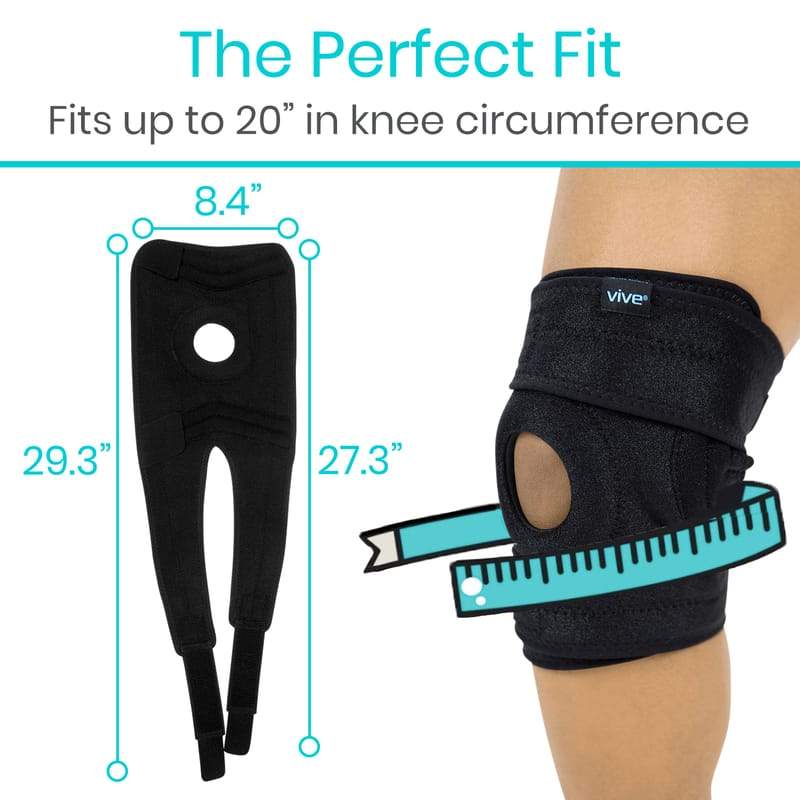
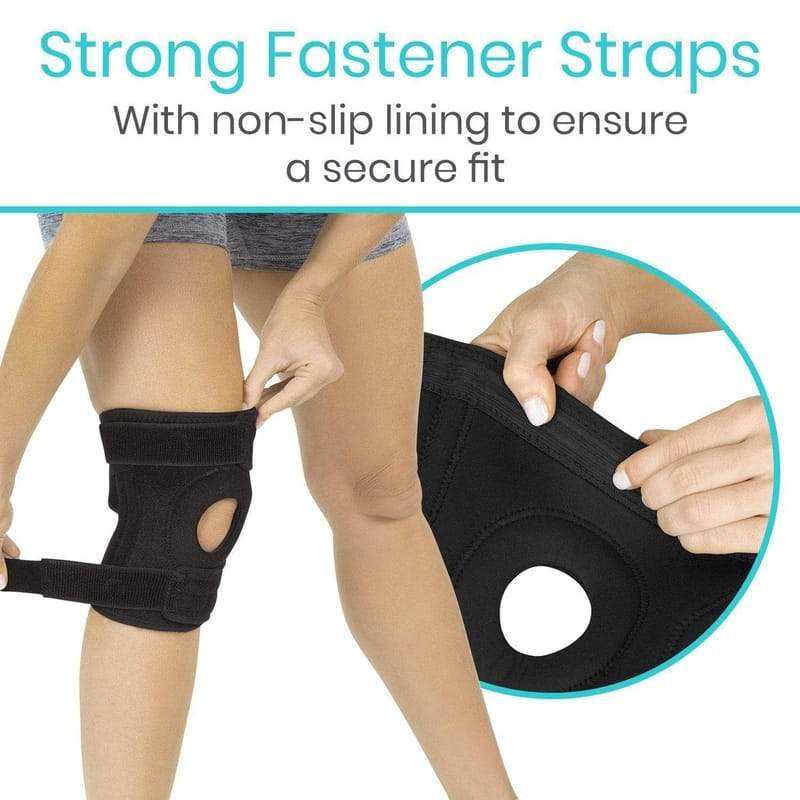
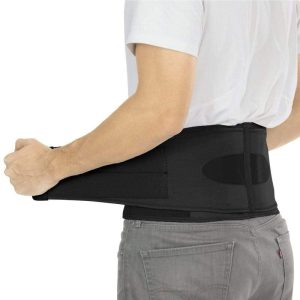
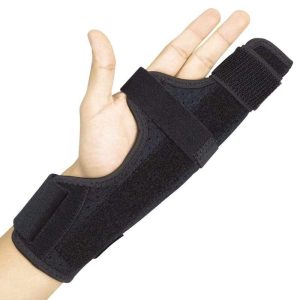
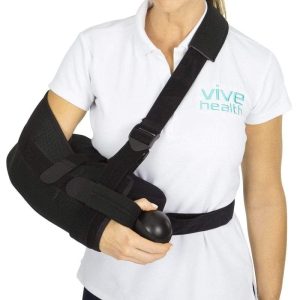
Reviews
There are no reviews yet.